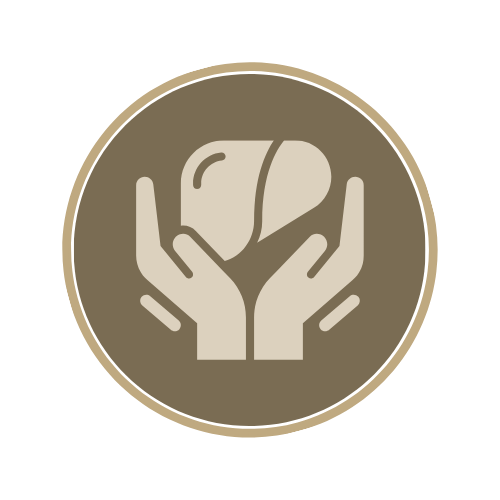Objectives |
|
Early Detection and Diagnosis | Identify liver-related issues through advanced diagnostic tests and screenings |
Management and Treatment | Develop and implement effective treatment plans for various liver conditions |
Prevention and Education | Educate patients on liver health, risk factors, and preventive measures |
Holistic Care | Address lifestyle factors influencing liver health, including diet, exercise, and substance use |
|
Key Topics Discussed with Patients |
|
Liver Function and Anatomy | - Explanation of liver functions, including metabolism, detoxification, and bile production.
- Overview of liver anatomy and its role in the digestive system
|
Common Liver Diseases and Conditions | - Hepatitis (A, B, C, D, E): Types, transmission, symptoms, and treatment options
- Fatty Liver Disease: Differentiating between alcoholic and non-alcoholic fatty liver disease, their causes, and management
- Cirrhosis: Causes, stages, symptoms, and treatment strategies
- Liver Cancer: Risk factors, early detection, and treatment options
- Liver Infections: Types, symptoms, and preventive measures
|
Diagnostic Tests and Procedures | - Blood tests to check liver enzymes, bilirubin levels, and other indicators
- Imaging tests such as ultrasound, CT scans, and MRI to assess liver structure
- Liver biopsy procedures and their significance in diagnosis
|
Risk Factors and Prevention | - Impact of alcohol consumption and strategies for reduction or cessation.
- Risks associated with obesity and metabolic syndrome; importance of maintaining a healthy weight.
- Safe practices to prevent viral hepatitis (e.g., vaccinations, safe sex, and needle use).
- Importance of medication adherence and potential hepatotoxicity of certain drugs
|
Lifestyle and Dietary Recommendations | - Nutritional guidance to support liver health, including foods to eat and avoid
- Importance of regular physical activity and weight management
- Recommendations for safe alcohol consumption or abstinence
- Guidance on avoiding hepatotoxic substances and environmental toxins
|
Treatment and Management Plans | - Medication regimens for specific liver conditions
- Monitoring and follow-up schedules to track disease progression and treatment efficacy
- Potential surgical interventions, such as liver transplant criteria and process
|
Patient Education and Support Resources | - Providing educational materials on liver health and disease management
- Connecting patients with support groups and counseling services
- Offering access to nutritionists, physical therapists, and other allied health professionals
|
Innovative Therapies and Research | - Discussion of new and emerging treatments for liver diseases
- Information on clinical trials and participation opportunities
|
Benefits of the Service | - Personalized Care: Tailored consultations based on individual health profiles and needs
- Comprehensive Approach: Holistic management incorporating medical, lifestyle, and preventive strategies
- Expert Guidance: Access to specialists with extensive experience in hepatology
- Empowerment Through Education: Patients are equipped with knowledge to make informed decisions about their liver health
|


